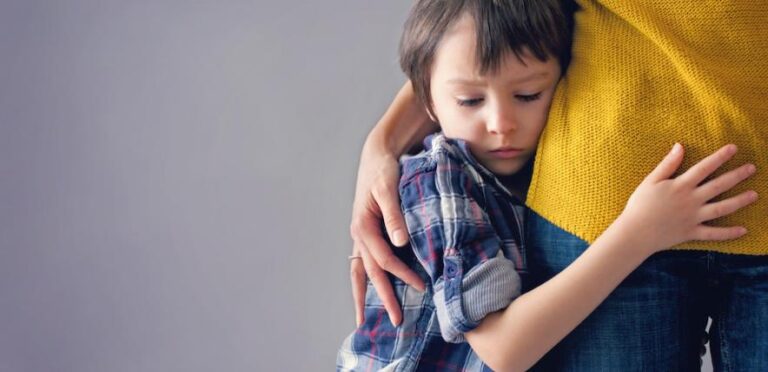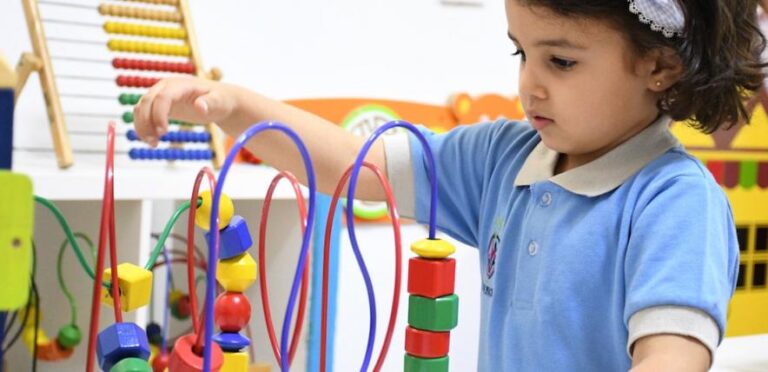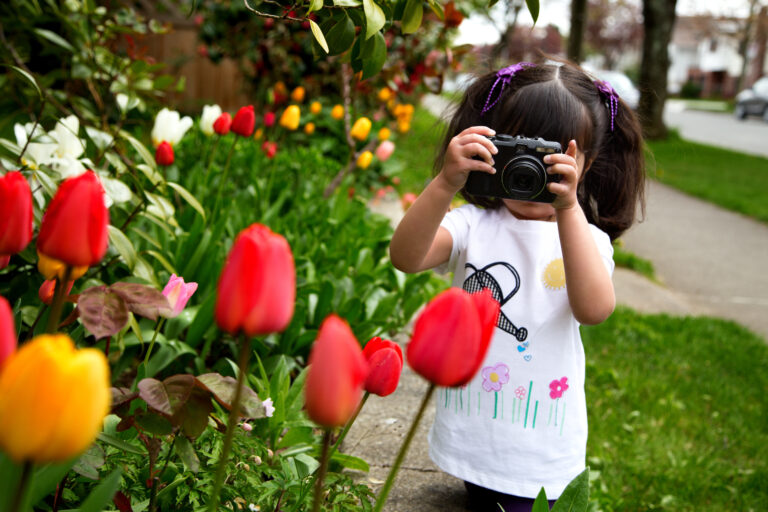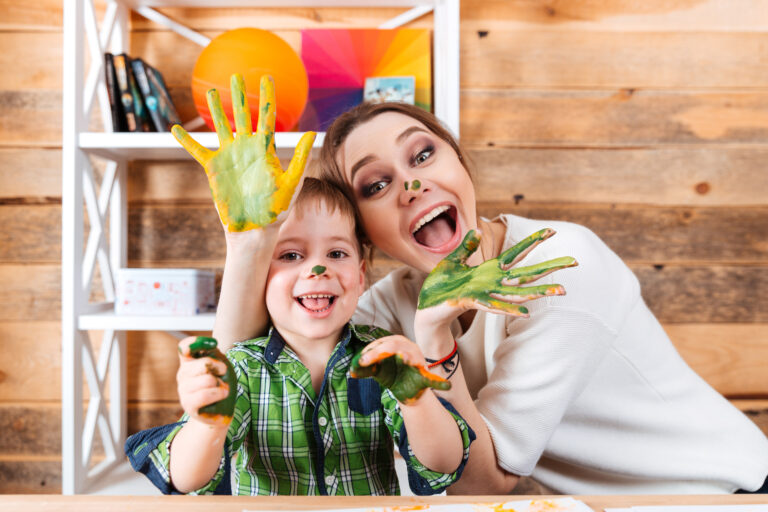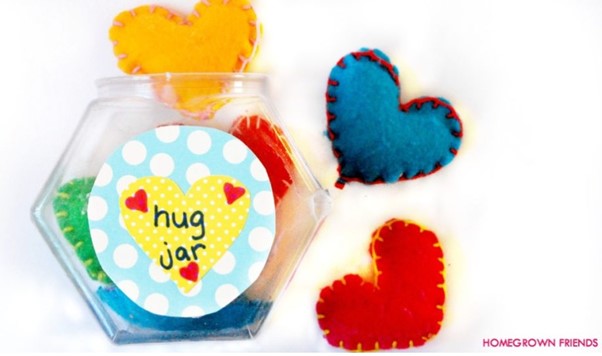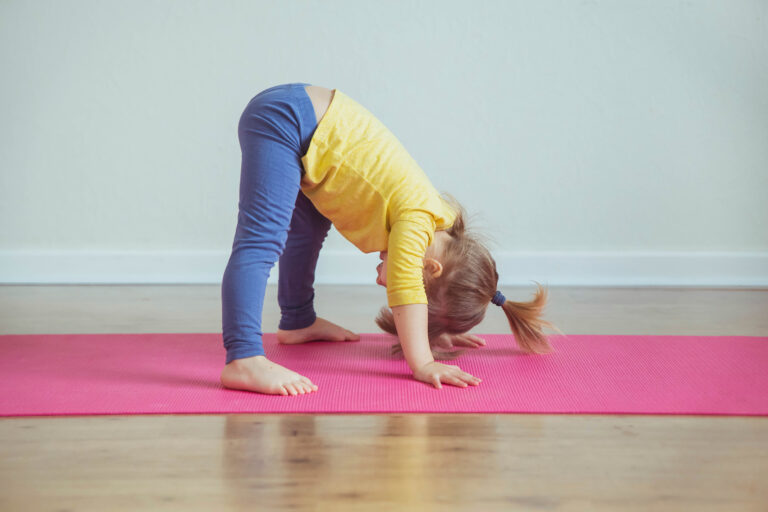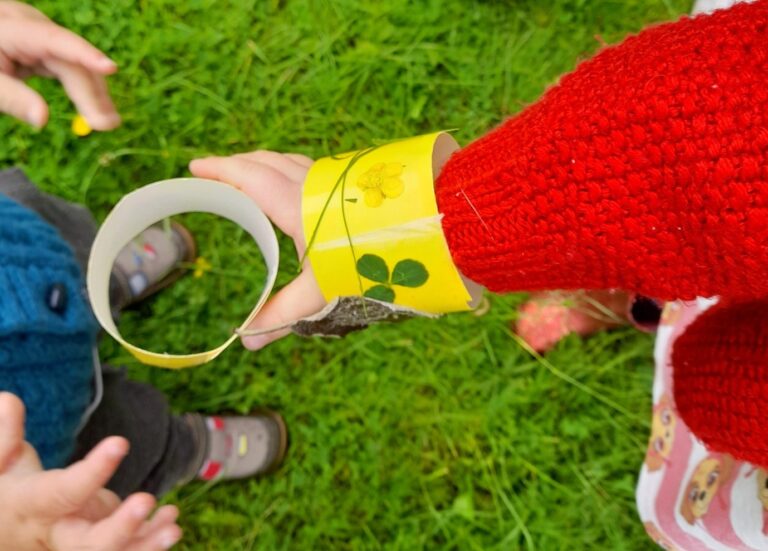By Jenny Marks
With the Covid-19 pandemic, climate change and now the war in Ukraine dominating the headlines the world can often seem a terrifying place.
So, should we be discussing world news and events with children as young as three and four years old or should we wait until they are considerably older?
The short answer is ‘yes’. We should debate and discuss issues when they’re young.
However the caveat to that is — it depends on the content, its appropriateness and the maturity of the child.
When is the right time to discuss the news with my child?
As to when your child should be exposed to adult news is entirely up to you – there are no hard and fast rules.
But you need to remember a child’s view of the world is very different to our own.
You wouldn’t let your 4-year-old watch an 18-rated film; the same view should be taken with controversial news items.
It’s up to you to decide if your child is emotionally and mentally mature enough to deal with tricky and sometimes seriously upsetting subject matter.
Many child psychologists recommend that before children are around 6 or 7, you should only talk to them about difficult world events if they ask you about them outright.
Children younger than this can find it difficult to separate fantasy from reality and often only understand things in the context of how it affects them and their lives directly, so trying to explain world events to them may end up upsetting them rather than educating them.
But how can we help our young children to understand what’s going on in the world, and help them if they have worries about it?
What do I say if the news makes my child worry?
Remember that children absorb everything around them — from overhearing your conversations about the news, to radio news bulletins when you’re out in the car.
If you have a younger child, particularly if you have one that is prone to worry, be mindful of this and switch off the TV or radio if some inappropriate or potentially disturbing news comes on.
But of course you can’t control their environment all the time and they may hear things while at someone else’s house.
If children are anxious or worried often it is because they hear something on the news they cannot fully understand.
Some may worry about terrorism, flooding, wars and many other upsetting stories they may have picked up throughout the day.
If your child does ask you a direct question, you should try your best to be as honest as you can, but to give only the bits of information that you think are essential and that your child will be able to understand.
Reassurance at bedtime is key letting them know that their own life, in terms of your family, their friends, and the places they go and the things they do, will remain unchanged by the things that are going on elsewhere in the country or the world.
Don’t hide your views…
While we all want our children to develop their own views as they grow, you also need to consider that when they’re outside of your home, they may be hearing opinions that are different to the ones you hold in your family.
This is a time of particular political upheaval, and if you have views and ideas about current topics – for example immigration, or Brexit – you shouldn’t feel that you can’t express those views to your children.
No one wants to brainwash their child, though, so explain that the reason everyone is talking about the topic is that not everyone agrees. Tell your child in simple terms what you think and believe, outline what some other people might think about the topic, and give your child the chance to ask questions and talk about what they think and feel about it themselves.
… but steer clear of dramatics!
While being honest is important, it’s also worth remembering that children take things very literally, so you should be careful not be overly dramatic when you talk about topics from the news.
It’s easy to say things like ‘this is a TOTAL DISASTER for our country!’ or ‘if this happens, it will be THE END OF THE WORLD!’.
While we know that these are just figures of speech, children might actually think that the world is literally going to end.
Don’t forget the good news too
One important thing to remember – not all news is bad news, it doesn’t need to be all doom and gloom.
There are so many fun and exciting things that happen every day that can be celebrated and openly discussed.
Bringing this joy of information into your home is highly important not only to counterbalance bad news stories but as an opportunity for learning.
Using the news as a learning tool
Firstly, basic communication is key.
Small pieces of simple information can be discussed in many forms throughout the day.
Don’t overcomplicate events or over load on information. Have fun with news events and make it interesting.
For instance, let’s discuss plastic – a hot topic at the moment. What do we use everyday that is plastic? Let’s look at materials, what’s the difference between plastic and glass? Look at other materials around the house, discuss how they feel, what they are used for and what you can make with them. Now let’s try some junk modeling.
Making things together that relates to something they may have seen on television, for example, Remembrance Sunday and making poppies. Remember to always ask simple questions throughout the task and get child’s view on the news story. Why do you think we’re making poppies? Have you discussed this at school?
Thinking around the subject is also highly important. Showing your child where England is on a world map, discussing different languages and talking with friends from different countries. You can also develop these ideas by cooking a variety of foods from various countries and counting from one to ten in another language.
News stories can start some great discussions that can end up really going places. For example: The Leaning Tower of Pisa is leaning less – what a great conversation piece. You can discuss Italy, food and language all in one go, but why not take the opportunity to bring some science into the equation. Can you make your own tower? What makes it stand up? Why would it fall over? Show them pictures of the tower itself. How can it possibly lean that much and still stay upright?
Or how about using the news to broach the topics of morals and ethics? A child’s news may be that their friend was mean to them at school today. Discussing whether people should fight, or be unkind to one another is a subject that is relevant to a child’s everyday life as their sense of justice and right and wrong is so strong. Do you fight with your friends? Is that a good thing to do? How does it make you feel? How does it make others feel?
Enjoy the inquiry
Although you might be worried about them absorbing only the bad stuff, by overhearing adult conversations, picking up information on the radio or TV and discussing things with their friends they can form interesting and highly informative points of view.
A child’s view of the world is very different to our own but this does not in any way mean they do not have an interesting view.
Have fun with learning and enjoy trying to get inside their heads.
Laugh together, discuss things and ask questions.
You never know, you might even learn something new!
This article was written for the Early Years Alliance by Jenny Marks. It was first published in 2019 and updated in March 2022.
Jenny works predominantly with children with dyslexia, autism and learning difficulties; from reception through to Year Six.

